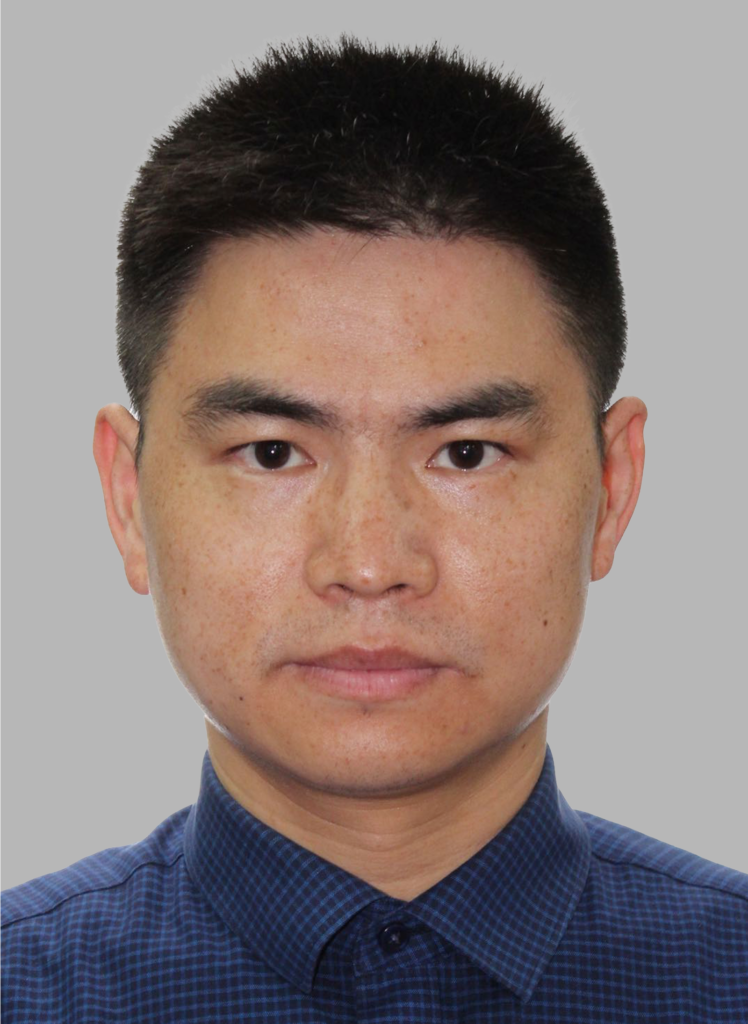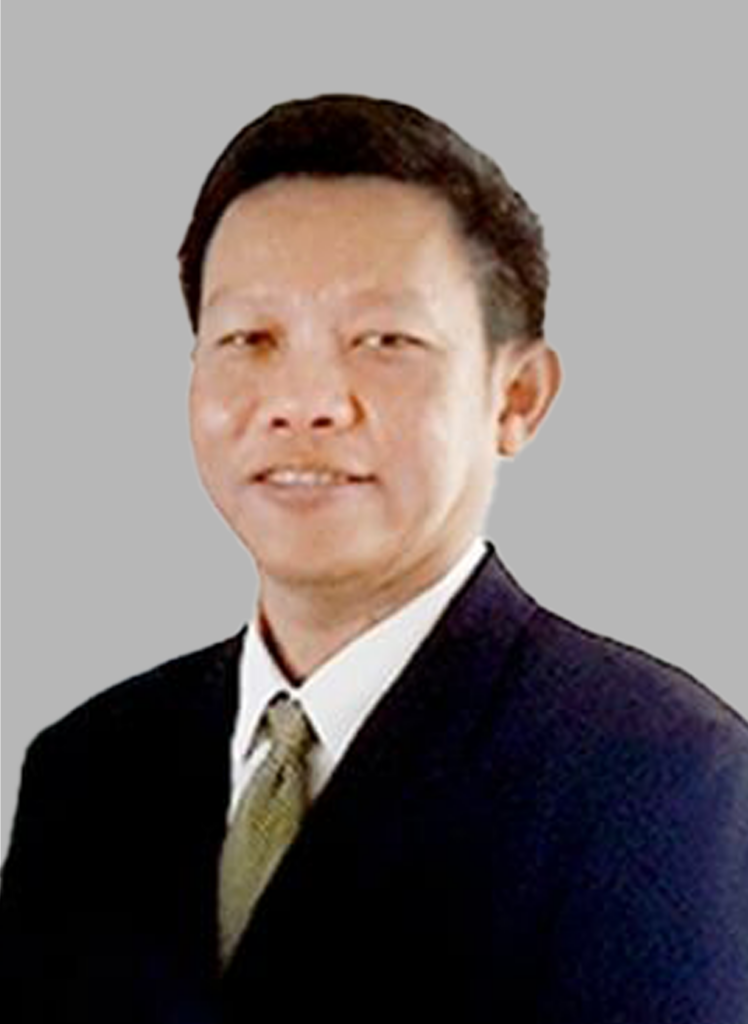Prof. Zhi-Gang Chen
School of Chemistry and Physics, Queensland University of Technology, Australia

About the Speaker:
Prof. Zhi-Gang Chen is a Founding Director for ARC Research Hub in Zero-emission Power Generation for Carbon Neutrality, a Capacity Building Professor of Energy Materials, and ARC Future Fellow at Queensland University of Technology (QUT). He received his Ph.D. in materials science and engineering from the Institute of Metal Research, Chinese Academy of Science, in 2008. His research concentrates on smart functional materials for thermoelectrics and nanoelectronics from synthesizing materials to understanding their underlying physics and chemistry. As a lead Chief Investigator, Dr Chen has won over 40M research funding and published >450 peer-reviewed publications with >35,000 Scopus times and an H index of >101, >10 patents, and delivered over 60 plenary/keynote/invited talks. Prof. Chen is one of Clarivate Web of Science’s highly cited researchers (2020-2022) and associate editor in Journal of Materials Science and Technology (Elsevier) and Exploration (Wiley).
About the Talk:
Zero-emission thermoelectrics for carbon neutrality
Climate change caused by the continuous accumulation of greenhouse gases is an imminent threat to mankind and biodiversity. Already a dry land with vulnerable biodiversity, Australia will be hard hit by climate change as evidenced by the recent natural disasters with much increased frequency and intensity. To stop climate change, we need to significantly reduce carbon dioxide (CO2) to net-zero emissions. In this topic, we timely highlight the latest progress on the up-to-the-date thermoelectric devices with their unique designs and compelling thermoelectric efficiency for harvesting renewable electricity from the environment, which will reduce our dependence on carbon-based energy sources. We carefully summarize the structure-related principles and factors that determine the performance of thermoelectric devices and propose strategies for improving their utilities. Besides, we focus on the timeliest designs for inorganic-based devices, organic-based devices, and hybrid-based devices targeting both power generation for zero-emission. Ultimately, we point out the current challenges, controversies, and prospects of thermoelectric devices.
Asst. Prof. Teerakiat Kerdcharoen
Department of Physics, Faculty of Science, Mahidol University, Thailand

About the speaker:
Asst. Prof. Teerakiat Kerdcharoen is a founder of MUI Robotics Company Limited, a member of the executive board of the National Metal and Materials Technology Center (MTEC) of Thailand, and an assistant professor of physics at Mahidol University. He earned his PhD in Physical Chemistry from the University of Innsbruck, Austria. Dr. Kerdcharoen’s research interests span materials science and intelligent systems, including wireless sensor networks, environmental monitoring sensors, chemical sensors, electronic noses, artificial neural networks, IoT, robotics, and artificial intelligence. These technologies find applications in diverse fields, including agriculture and food, online health monitoring, environmental measurement, and military operations. He holds over 11 patents. Moreover, Dr. Kerdcharoen is a founder of an influential Facebook page “เกษตรอัจฉริยะ-Smart Farm” which has garnered over 460,000 followers. With a publication record of over 190 peer-reviewed papers, accumulating over 4,000 Scopus citations and an H-index exceeding 30, Dr. Kerdcharoen has been ranked among the World’s Top 2% Scientists by Stanford University from 2020 to 2024.
About the Talk:
Digitalization of Smell: Development of Chemical Sensors from Lab to Startup Business
Chemo-sensory system is an essential part of the living organism ranging from the smallest bacterial cells up to the most complex neural systems as presented in human. In fact, the sense of smell especially in mammalian species (i.e., dogs and human) occurs at the nanoscale. By transduction of the chemical interactions between the odor molecules with the receptor proteins into electrical signals, smell perception including recognition and memory would be possible. At present, nanoscience of smell attracts a great interest from both academic and industry, particularly in terms of artificial olfaction. Technological applications of artificial noses (aka electronic nose) are vast: for examples, quality assurance of foods, beverage and agricultural products, health-care diagnostics, environmental monitoring, security systems etc. In this lecture, the development of electronic nose from the discovery of sensing materials to the fabrication of chemical sensor array up to the integration into various forms of electronic nose systems, such as portable, handheld and wearable devices, will be presented. We have explored numerous sensor materials based on different sensing mechanism, i.e., metal oxides, porphyrins/phthalocyanines, carbon nanotubes and conductive polymers, in order to span the applications in broad areas. In addition, techniques of hybridization between the sensor materials as well as transduction principles have been examined, leading to enhanced functionality and flexibility of the new electronic nose systems. Especially in this lecture, real-world applications of our electronic noses to assess the quality of foods, diagnose cancer, determine the health status of individuals and monitor the environmental conditions will be demonstrated. Development of a startup business based on this research will be provided in this lecture.